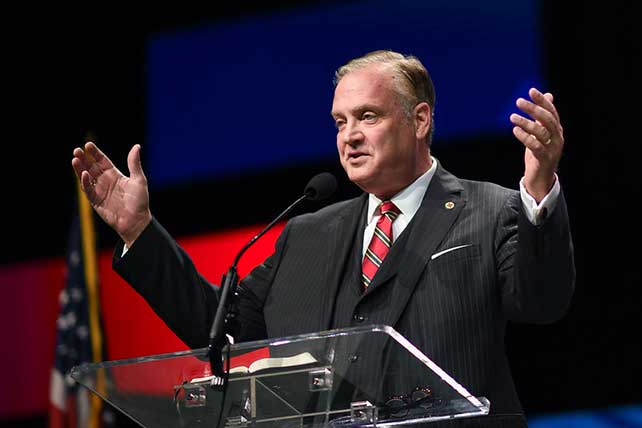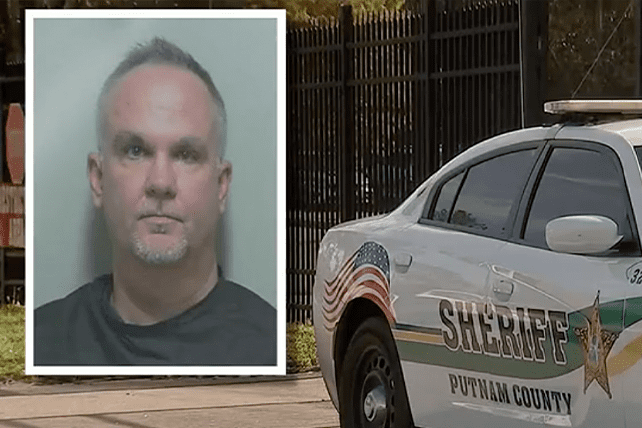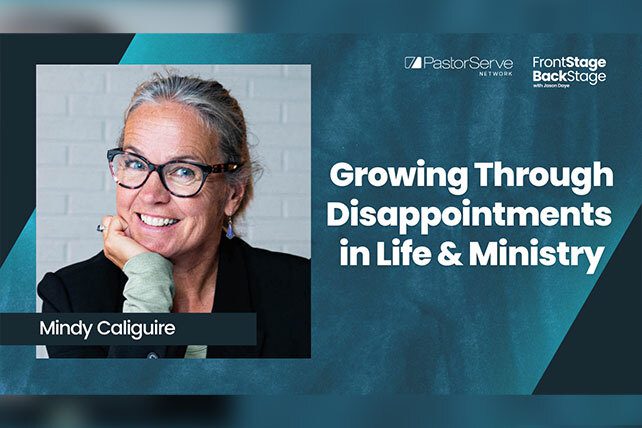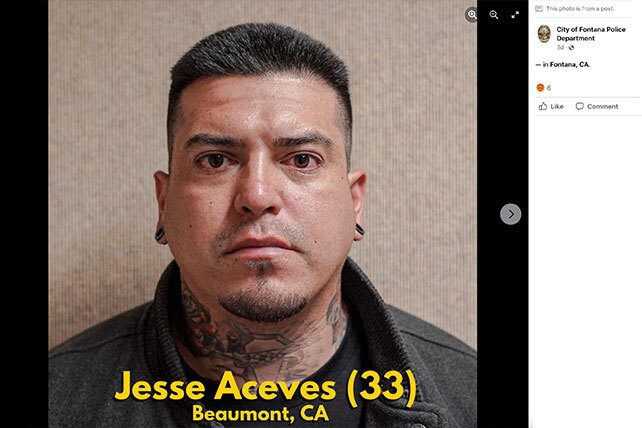More services. More venues. More campuses. It all leads to an obvious conclusion: more volunteers. What may not be as obvious is the increased importance of creating scalable systems with a focus on the people and not the technology. When church tech arts supersedes people, burn out happens.
Let me start with a disclaimer: “Hi, I’m Anthony Coppedge, and I’m a recovering church tech arts burnout person. Not only have I personally experienced burn out, but I have been a leading contributor of burn out to church tech arts volunteers while I served at one of the three churches where I was on staff.”
Causes of Church Tech Arts Burnout
Dictionary.com defines burn out like this: “Physical or emotional exhaustion, especially as a result of long-term stress or dissipation.”
I’d add to that spiritual exhaustion, because I think that it’s the main reason that media personnel experience burn out. We expect a lot out of volunteers, but we in tech arts often fail to spend time pouring time and spiritual life into them outside of services.
Spiritual Exhaustion
Church tech arts are often a behind-the-scenes place with people who don’t want to attend a small group or Bible study. Many of these folks would rather click a mouse, spin a knob, or push a button than talk with people about personal and spiritual matters. “Hey, no one asks me to quote Bible verses when I’m mixing sound,” say people I’ve talked to before.
The technical ministry is perhaps the one ministry area where it’s easy to hide from spiritual discussions. Yet this is robbing them of personal growth, a closer relationship with the God who loves them, and a stronger sense of mission and purpose for the tech team. We can no longer afford to ask our volunteers to serve unless we serve them with spiritual food, too! Any tech leader reading this should memorize it, print it out, and post it:
The technical ministry is not about the tech. It’s about the people behind the tech.
Emotional Exhaustion
Volunteers are unwittingly set up to burn out when we don’t provide adequate and consistent training. This puts a real toll on tech arts staff and volunteers who feel the pressure to make everything work flawlessly week in and week out but who do not have the proper training, planning, or practice to produce effective results.
The stress of having to perform without the right training and the right amount of preparation wipes out volunteers who are often under-appreciated and not shown the love they need.
Physical Exhaustion
If you’re serving more than twice a month in a volunteer capacity, I think you’re probably serving too often. We need a break. We need to experience corporate worship. We need to unplug from the matrix of tech volunteering and focus on the message, not the medium.
“But we don’t have enough technical volunteers, so I have to be here,” some try to explain. I say this in love: You have not because you ask not. Every person in your church has a sphere of influence. That is your starting point: asking those who you know are not serving regularly (or at all). And I’m not just talking about pew-sitters, either. We all have unchurched friends who share some of our same interests. We can invite them to come and observe the tech operations and see if it piques their interest. In addition to growing your ranks, you also get people involved in church, as attendance outside of volunteering should be required for every member of the tech team.
“I can worship while I’m serving in tech.” I’m sure you can, to some extent. But that worship isn’t the same as being out of the sight line of the tech gear! When you can totally focus on worshiping God, then – and only then – will you be able to recharge, refresh and – here’s the bonus – force the church leadership to replicate you!
“But I’m paid to be there! It’s my job to run (insert job here)!” Having been on staff at three mega churches, I know all about this one. It is possible that one of your roles is to ensure a job is done well every weekend. We simply translate that to mean, “I have to mix/direct/lead.” What would happen if you looked at your job as being one of finding the diamonds-in-the-rough that have an ear for mixing or an eye for directing? Sure, you’ll do the job of mixing or directing many times, but if you’re not actively training and looking for these unique individuals, how will the next “you” come along? At some point, your job is to prepare for the weekend services.









 How can we address the inevitable disappointments and discouragements in both life and ministry in a way that is healthy for our souls? In this week’s conversation on FrontStage BackStage, host Jason Daye is joined by Mindy Caliguire. Mindy is the co-founder, along with her husband Jeff, of Soul Care, a spiritual formation ministry that exists to increase soul health in the body of Christ. Mindy has also served in a variety of senior leadership positions in various ministry organizations, and she and her husband Jeff were church planters in Boston. Together, Mindy and Jason look at some of the unhealthy tendencies we have as ministry leaders when it comes to dealing with disappointments and discouragement. Mindy then shares from her own experiences ways to process disappointment that honor God and help us grow in our own spiritual journeys.
How can we address the inevitable disappointments and discouragements in both life and ministry in a way that is healthy for our souls? In this week’s conversation on FrontStage BackStage, host Jason Daye is joined by Mindy Caliguire. Mindy is the co-founder, along with her husband Jeff, of Soul Care, a spiritual formation ministry that exists to increase soul health in the body of Christ. Mindy has also served in a variety of senior leadership positions in various ministry organizations, and she and her husband Jeff were church planters in Boston. Together, Mindy and Jason look at some of the unhealthy tendencies we have as ministry leaders when it comes to dealing with disappointments and discouragement. Mindy then shares from her own experiences ways to process disappointment that honor God and help us grow in our own spiritual journeys.















